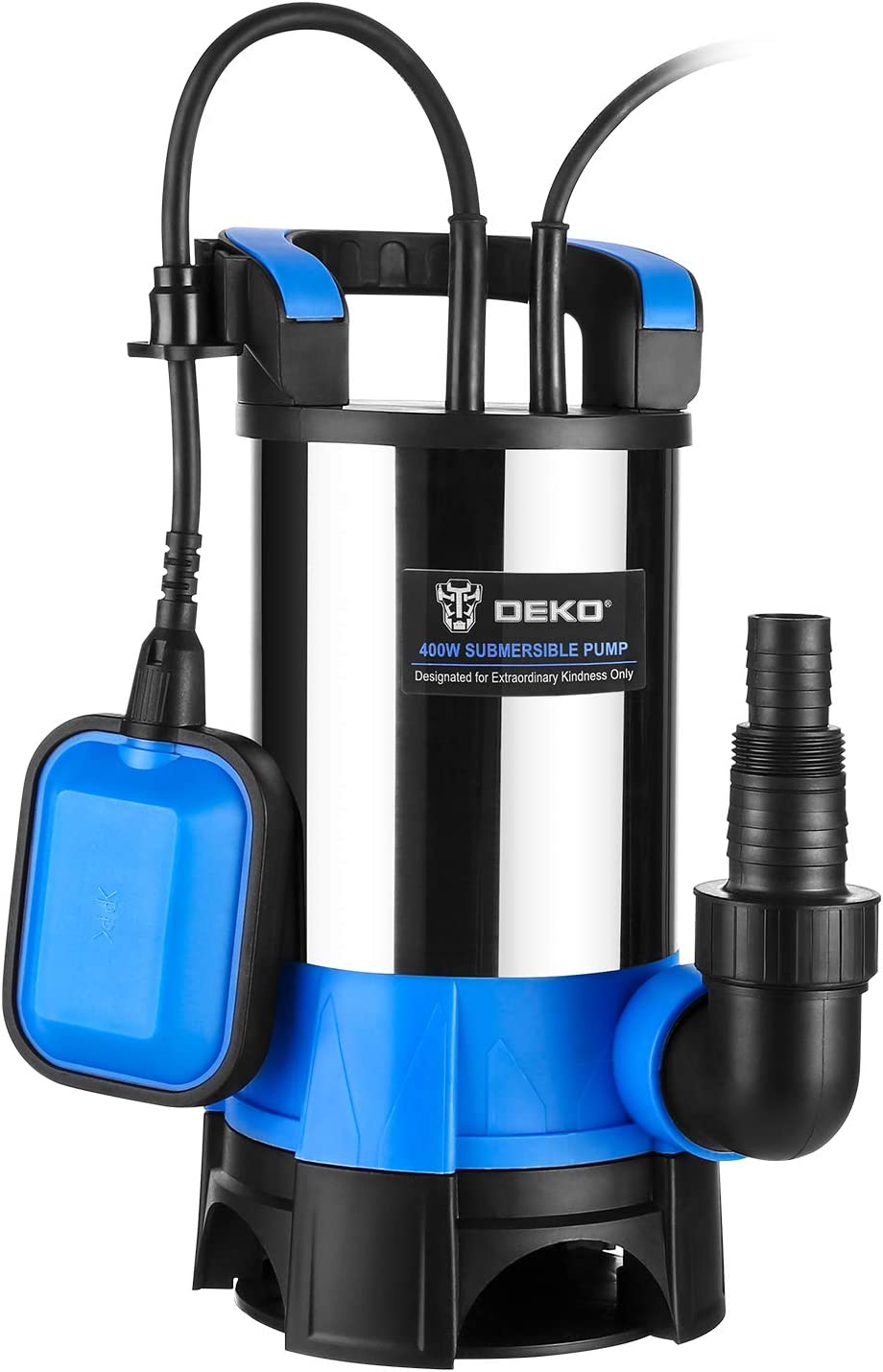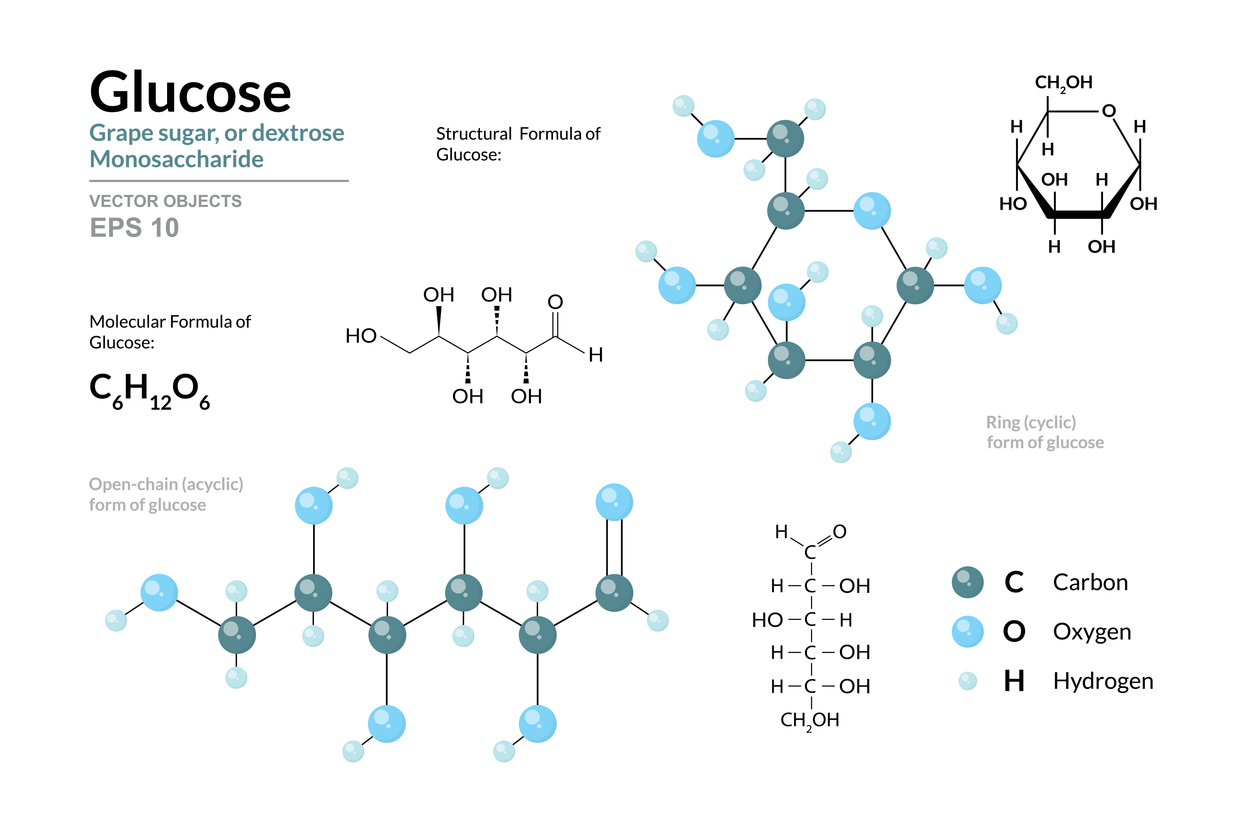From Urban Development to Mining Operations: Exploring the Versatility of Submersible Pumps in Ghana
From Urban Development to Mining Operations: Exploring the Versatility of Submersible Pumps in Ghana
Welcome to the bustling streets of Ghana, where urban development meets the untamed wilderness. In this diverse and vibrant country, submersible pumps have become a driving force behind both infrastructural growth and thriving mining operations. From providing clean water to growing cities, to extracting precious resources from deep within the earth, these versatile machines are revolutionizing industries across Ghana. Join us as we dive into the depths of their capabilities and explore how they are shaping the future of this incredible nation.
Introduction to Submersible Pumps
Submersible pumps are a versatile and reliable type of pump that can be used for a wide range of applications, from urban development to mining operations. In Ghana, submersible pumps are commonly used in the mining industry to dewater mines and remove water from ore processing facilities.
Submersible pumps are also used in municipal water and wastewater treatment plants to move water and sewage sludge. In urban areas, submersible pumps are used to supply water to high-rise buildings and to provide drainage for stormwater runoff.
Submersible pumps are an essential part of many industries in Ghana, and their versatility makes them well-suited for a wide range of applications.
Applications of Submersible Pumps in Ghana
Submersible pumps are commonly used in a wide range of applications, from urban development to mining operations. In Ghana, submersible pumps are used for a variety of purposes, including:
-Groundwater extraction: Submersible pumps are often used to extract groundwater from wells or other sources.
-Flood control: Submersible pumps can be used to help control flooding by pumping water out of flooded areas.
-Irrigation: Submersible pumps can be used to provide irrigation water to crops or other plants.
-Industrial applications: Submersible pumps are also used in many industrial applications, such as sewage treatment, oil and gas production, and more.
– Urban Development
In Ghana, rapid urbanization is straining the country’s infrastructure and resources. According to the World Bank, the urban population in Ghana is expected to grow from 9 million in 2010 to 22 million by 2030. This growth is putting a strain on the already limited supply of water and electricity. In response, the government is investing in large-scale infrastructure projects, including the construction of new dams and power plants.
Submersible pumps are playing an important role in these development projects. They are being used for a variety of applications, including dewatering construction sites, pumping water from rivers and lakes for drinking water and irrigation, and providing emergency flood control.
In addition to their versatility, submersible pumps have a number of other advantages. They are durable and require little maintenance. They can also be operated remotely, which is helpful when there is no access to reliable power sources.
Ghana is not the only country where submersible pumps are making a difference. They are being used all over the world to help meet the challenges of urbanization and climate change.
– Mining Operations
Mining operations in Ghana typically involve extracting minerals from the ground using large excavators. The extracted minerals are then transported to a processing plant where they are crushed, washed, and separated into different products.
Submersible pumps are commonly used in mining operations to pump water from underground aquifers back to the surface. These pumps are also used to transport water from on-site storage tanks to the processing plant.
Submersible pumps offer many advantages over traditional surface-mounted pumps. They are less likely to be damaged by debris or rocks, and can be easily installed in difficult-to-reach locations. In addition, submersible pumps are very efficient and can operate for extended periods of time without needing to be replaced or repaired.
If you are planning to start a mining operation in Ghana, or if you are already operating a mine, consider using submersible pumps to help keep your operation running smoothly.
– Agriculture
Ghana is a powerhouse in agriculture, with the sector accounting for more than 24% of the country’s GDP. The country is home to an estimated 17 million hectares of arable land, with about 8% of this under cultivation. Major crops grown in Ghana include maize, rice, cassava, yams, soybeans, and groundnuts.
The high demand for food crops has resulted in large-scale farming operations, which require reliable and efficient irrigation systems. Submersible pumps are an ideal solution for agricultural applications as they can be easily installed and maintained. Moreover, submersible pumps are not susceptible to drought or water shortages, making them a perfect fit for Ghana’s agricultural sector.
– Sewage Treatment
Submersible pumps are playing an increasingly important role in Ghana’s urban development and mining operations.
As the country’s population and economy continue to grow, so does the demand for water and wastewater treatment. Submersible pumps are well-suited for these applications due to their compact size, high efficiency, and ability to operate in submerged environments.
In urban areas, submersible pumps are used for a variety of tasks including sewage treatment, stormwater drainage, and groundwater abstraction. They are also commonly used in mining operations to dewater pits and transport slurry.
Due to their versatility, submersible pumps are an essential piece of equipment for Ghana’s infrastructure development.
Benefits of Using Submersible Pumps
There are many benefits of using submersible pumps in Ghana, including their versatility, durability, and efficiency.
Submersible pumps are versatile because they can be used for a variety of applications, including urban development, mining operations, and agricultural irrigation. They are also durable, with a lifespan of up to 30 years if properly maintained. Additionally, submersible pumps are more efficient than surface pumps, which means they use less energy and cost less to operate.
All of these factors make submersible pumps an attractive option for those looking to improve the water infrastructure in Ghana. With proper maintenance and care, submersible pumps can provide years of reliable service that will help to improve the quality of life for many people in Ghana.
Tips for Choosing the Right Submersible Pump for Your Needs
There are a few things to keep in mind when choosing the right submersible pump for your needs. The first is the depth of the water you’ll be pumping. If you’re using it for a shallow well, you won’t need as much power as you would for a deeper one. The second thing to consider is how much water you need to move. The capacity of the pump should be able to handle your needs. Think about what kind of features you want in a pump. Some have more bells and whistles than others, so decide what’s important to you before making your purchase.
Summary and Conclusion
In Ghana, submersible pumps are commonly used in a variety of applications, from urban development to mining operations. In this blog article, we explore the versatility of submersible pumps in Ghana and how they can be used in a variety of different settings.
Submersible pumps are often used in urban development projects due to their ability to handle large volumes of water quickly and efficiently. In addition, submersible pumps are also well-suited for use in mining operations, as they can withstand the harsh conditions typically found in mines.
Submersible pumps are an essential piece of equipment in Ghana, as they provide a versatile and reliable solution for a variety of different applications.








Comments are closed.